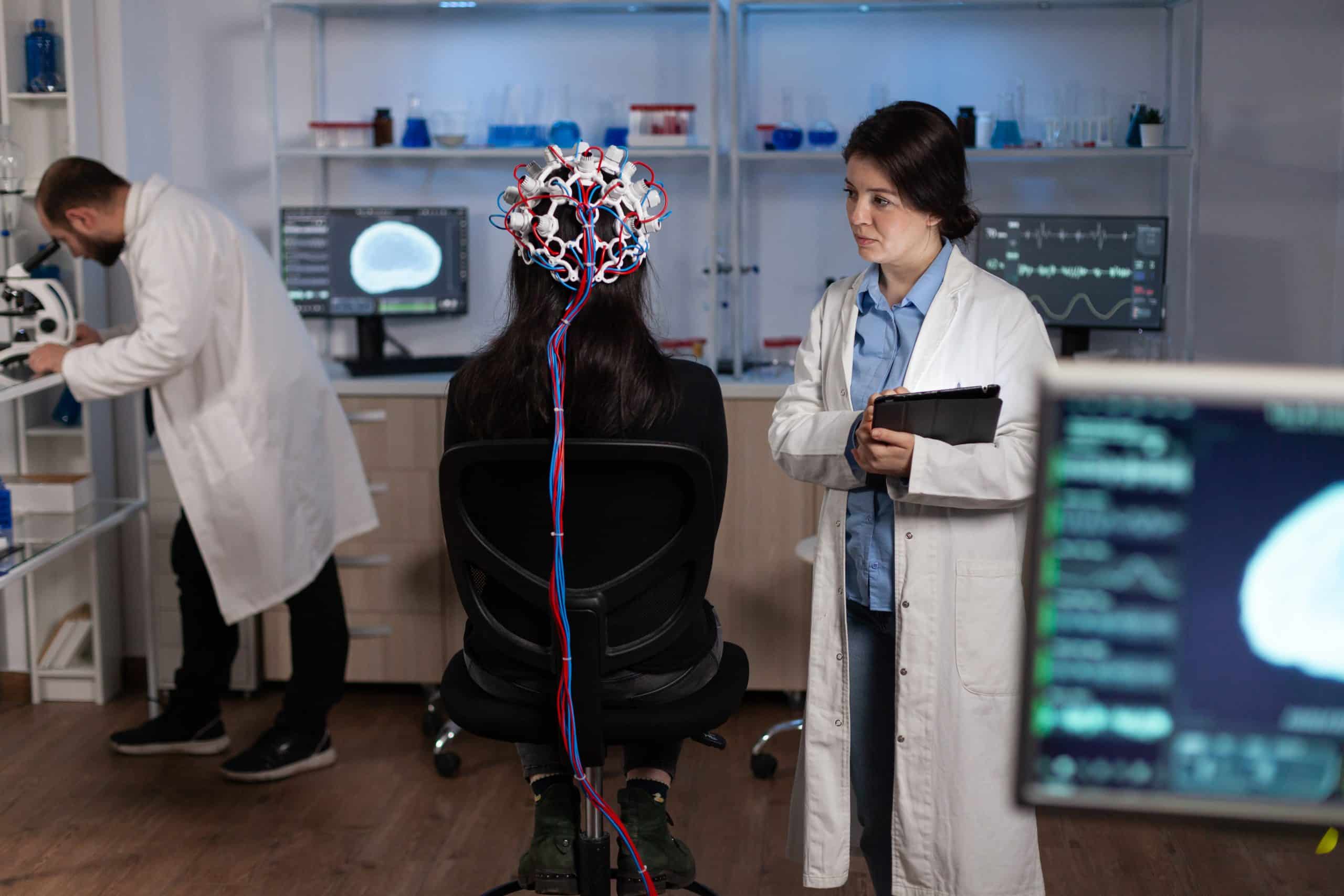With the rise of smart home technology, the role of artificial intelligence (AI) in enhancing our daily lives has become more crucial than ever. AI-powered voice assistants, from Amazon’s Alexa to Google’s Assistant, have become common household fixtures, demonstrating how machine intelligence can simplify tasks and provide convenience. However, with these advancements come questions about the future of AI in smart home systems. What does the future look like, and what will be the next steps in this rapidly advancing field?
The Rise of Smart Home Technology and AI Voice Assistants
The past decade has seen a massive surge in the adoption of smart home technology, primarily powered by the proliferation of AI voice assistants. These devices, capable of understanding and responding to human speech, have revolutionized the way users interact with their homes. Through AI, voice assistants can control home appliances, access information online, and even manage daily tasks.
Avez-vous vu cela : How Are AI-Powered Tools Transforming Gene Editing Research?
With the rise of these advanced systems, the role of AI has become increasingly central. AI not only powers the voice recognition capabilities of these devices but also enables them to "learn" from user behavior, making their responses more personalized and efficient. Advanced technologies such as natural language processing, machine learning, and data analytics are integrated into these assistants, enabling them to understand, predict, and even anticipate user needs.
The Future of AI in Smart Home Technology
Looking ahead, the role of AI in smart home technology is set to expand further. Improvements in machine learning algorithms and data processing capabilities will allow these devices to become more advanced, offering increased automation and personalization. As these systems become smarter, they will be able to handle more complex tasks, reducing the burden on users and making homes even more convenient and efficient.
Sujet a lire : What Are the New Frontiers in Quantum Encryption for Cybersecurity?
But, it’s not just about making life easier. AI-powered smart home devices also have the potential to enhance security. For instance, future systems could use AI to detect unusual activity within the home, such as a break-in or a fire, and alert the relevant authorities. Furthermore, in the future, we may see AI being used to integrate different smart devices within the home, creating a truly interconnected smart home ecosystem.
The Challenges and Concerns with AI in Smart Home Technology
While the benefits of AI in smart home technology are clear, there are also several challenges that need to be addressed. One of the significant concerns is data security. As these devices collect and process vast amounts of personal data, there are legitimate concerns about how this data is stored, used, and protected.
There is also the issue of interoperability. With a myriad of smart devices available, each with their own proprietary systems, ensuring they can work seamlessly together is a significant challenge. Progress in AI development could help address this issue, allowing devices to communicate more effectively and create a more cohesive smart home experience.
The Role of Users in the Development and Adoption of AI
The success of AI in smart home technology depends largely on user acceptance and adoption. For AI to be truly effective, it needs to offer tangible benefits to users, be easy to use, and address concerns about data security and privacy. Ultimately, for AI to continue its growth in the smart home sector, it has to be developed with the user in mind.
Furthermore, users play a critical role in the development of AI. Through their interactions with these devices, they provide the data that powers machine learning algorithms. This user data helps the AI to ‘learn’ and improve its functionality over time. As such, users are not just passive consumers of this technology, but active participants in its development.
There is no doubt that AI has a significant role to play in the future of smart home technology. Its ability to simplify tasks, automate processes, and improve security makes it an invaluable tool in the evolution of smart homes. However, for its potential to be fully realized, it’s essential to address the challenges and concerns that come with it, and ensure that it is being developed in a way that truly benefits users.
AI’s Impact on Smart Home Application Development
As the role of artificial intelligence continues to expand in smart home technology, so does its influence on app development. The complexity of AI systems necessitates specialized skills and knowledge in areas such as machine learning, natural language processing, and data analytics. As a result, developers are faced with the challenge of acquiring these skills to create and enhance smart home applications.
One of the key areas of focus in smart home app development is the integration of voice assistants. The ability to issue voice commands to control home devices is one of the defining features of smart home technology. As such, developers are now tasked with ensuring their apps are compatible with popular voice assistants like Google Assistant. This involves programming the app to accept voice commands and interface with the voice assistant’s API.
Additionally, machine learning plays a significant role in app development. Machine learning algorithms are used to train virtual assistants to understand, predict, and anticipate user needs. This involves feeding the assistant with large volumes of data and refining its ability to interpret and learn from this data over time. Consequently, app developers now need to understand how to implement and manage these algorithms.
However, with this growing reliance on AI comes new challenges. Developers must ensure that their apps are secure and respect user privacy. This is particularly important given the amount of personal data these apps handle. It also raises ethical considerations that developers must address, such as how data is used, who has access to it, and how long it’s retained.
Conclusion: The Role of AI in the Evolution of Smart Home Assistants
There’s no denying that artificial intelligence has had a profound impact on the evolution of smart home assistants. From simplifying tasks and automating processes to enhancing home security, AI has become an integral part of our homes. It’s advancements in machine learning and natural language processing that have made it possible for voice assistants to understand and anticipate our needs, making our interactions with home devices more convenient and efficient.
However, for AI to reach its full potential in the smart home sector, it’s important to address the challenges and concerns associated with it. Issues surrounding data security and privacy must be prioritized, and the interoperability of devices in the smart home ecosystem must be improved.
Furthermore, the role of users in the development and adoption of AI cannot be underestimated. They are essential in providing the data that fuels machine learning, and their acceptance of this technology is pivotal to its success.
Looking ahead, the future of AI in the evolution of smart home assistants seems promising. With constant improvements in AI technology and a greater focus on user-centric design, we can expect our homes to become even smarter and more interconnected. The next steps in this exciting field will no doubt continue to reshape our daily lives, making them more convenient, efficient, and secure. It’s clear that the age of AI in the smart home is just beginning.






